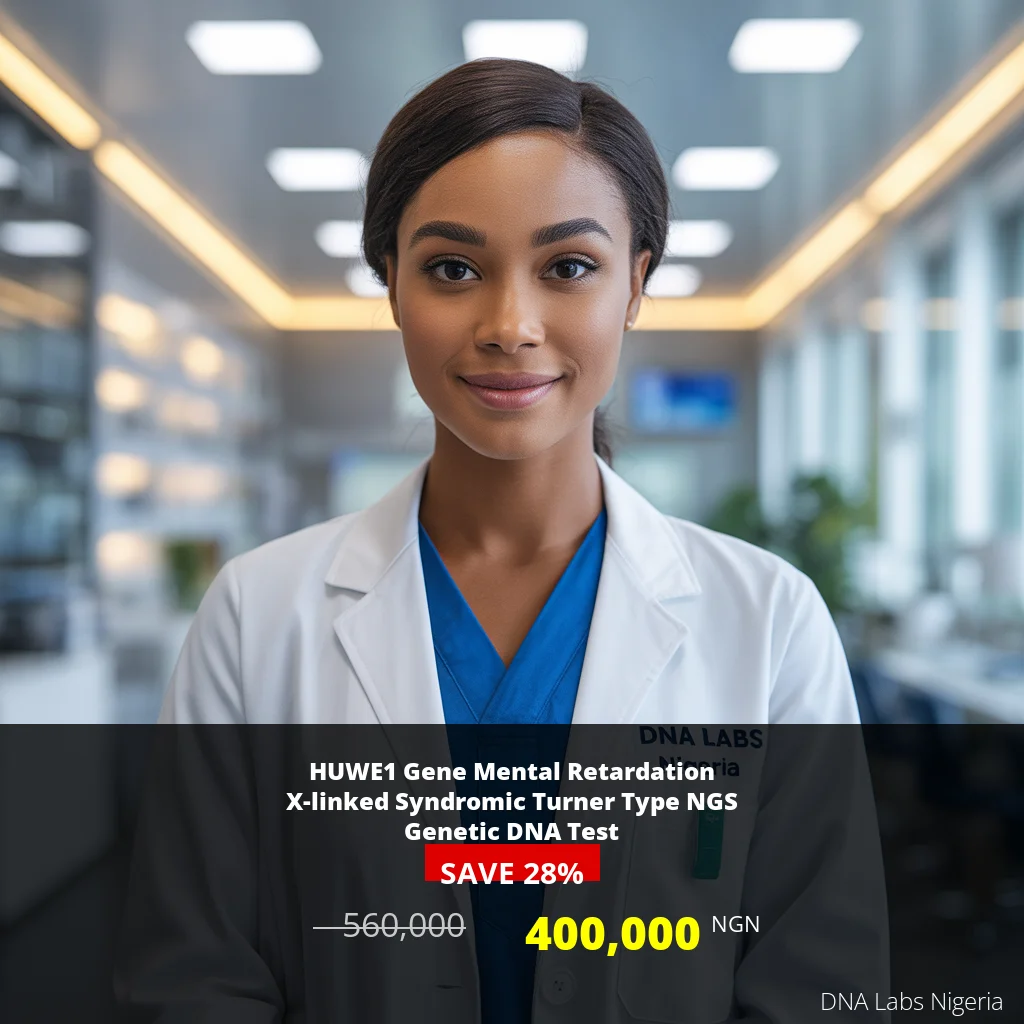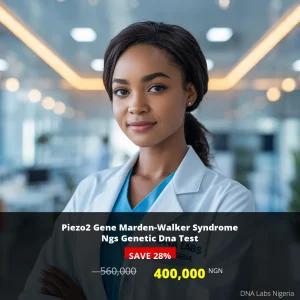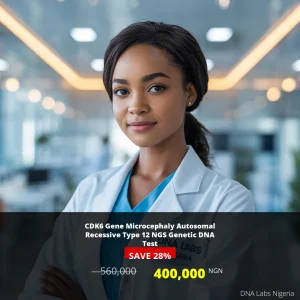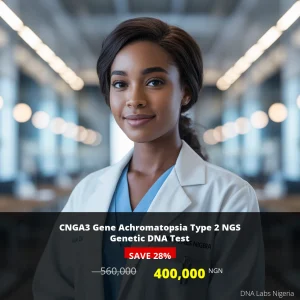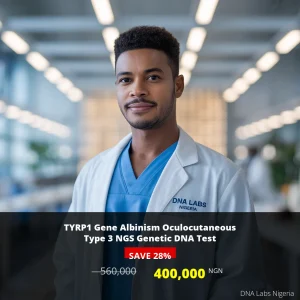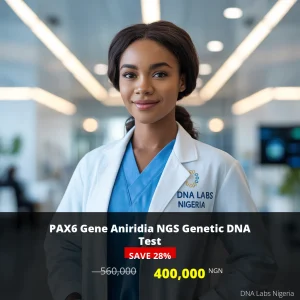HUWE1 Gene Mental Retardation X-linked Syndromic Turner Type NGS Genetic DNA Test
Introduction
The HUWE1 Gene Mental Retardation X-linked Syndromic Turner Type NGS Genetic DNA Test is an advanced diagnostic tool that focuses on identifying genetic mutations associated with mental retardation and Turner syndrome. This test is significant for understanding the genetic underpinnings of developmental disorders, which can aid in early diagnosis and management of affected individuals.
What the Test Measures
This genetic test employs Next Generation Sequencing (NGS) technology to analyze the HUWE1 gene. It detects mutations and variations that may lead to syndromic conditions, including mental retardation and Turner syndrome. By pinpointing these genetic anomalies, healthcare providers can offer more tailored treatment and intervention strategies.
Who Should Consider This Test
The HUWE1 Gene test is recommended for:
- Individuals with developmental delays or intellectual disabilities.
- Families with a history of Turner syndrome or related syndromic conditions.
- Patients exhibiting symptoms consistent with X-linked disorders.
Benefits of Taking the Test
- Early diagnosis of genetic conditions can lead to timely interventions.
- Provides clarity for families regarding the genetic basis of developmental issues.
- Facilitates informed decision-making regarding future pregnancies.
- Offers access to specialized care and support resources.
Understanding Your Results
Results from the HUWE1 Gene test will be interpreted by genetic specialists, who will provide guidance on what the findings mean for the patient and their family. It is important to discuss these results in the context of clinical history and family genetics.
Test Information and Pricing
| Test Name | Discount Price | Regular Price |
|---|---|---|
| HUWE1 Gene Mental Retardation X-linked Syndromic Turner Type NGS Genetic DNA Test | 400,000 NGN | 560,000 NGN |
Booking the Test
To schedule your HUWE1 Gene Mental Retardation X-linked Syndromic Turner Type NGS Genetic DNA Test, please contact us at +2348110567037. Our team is ready to assist you with booking and any inquiries you may have.
Additional Information
Turnaround Time: 3 to 4 Weeks
Sample Type: Blood or Extracted DNA or One drop Blood on FTA Card
Pre-test Instructions: A clinical history of the patient is required prior to testing, along with a genetic counseling session to create a pedigree chart of family members affected by conditions related to the HUWE1 gene.
Specialty: Pediatrics
Department: Genetics
Method: NGS Technology
Disease Type: Dysmorphology
Book your test today to take the first step towards understanding your genetic health!

